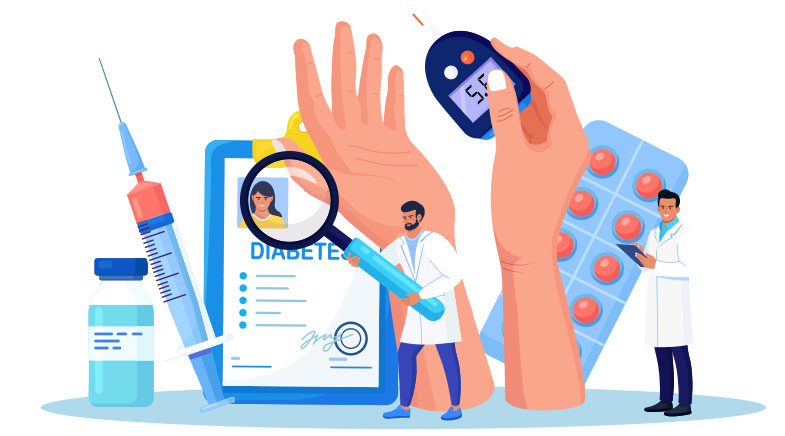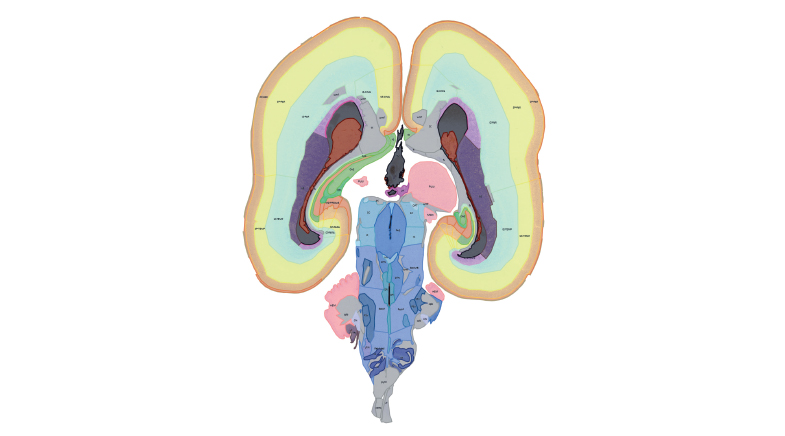'Sweet' news for diabetics
-
- from Shaastra :: vol 01 issue 03 :: May - Jun 2022

Here is some sweet news for diabetics. Researchers at the Indian Institute of Technology (IIT) Mandi have synthesised a molecule that can help improve blood sugar control, which is mostly impaired in diabetes.
The scientists, led by Prosenjit Mondal, an Associate Professor at IIT Mandi's School of Basic Sciences, synthesised a small molecule, which they named PK-2. It can mimic the activity of a naturally occurring hormone - Glucagon-like peptide-1 (GLP-1) - helping to regenerate beta cells in the pancreas and thereby improve insulin secretion.
"A number of drugs that act like the GLP-1 receptor agonists are already in the market. These drugs work very well in diabetic patients," Mondal says. However, he notes, there are a couple of drawbacks with these drugs. "First, they are pretty expensive because they are peptides (proteins) and they need to be stored in refrigerated conditions. Second, they cannot be taken orally and need to be injected."
Some years ago, IIT Mandi scientists embarked on an ambitious project: a hunt for a small molecule that could address both these problems. "We wanted to develop a molecule that could be orally delivered and could be stored at room temperature. Such a molecule, we realised, would not only be cost-effective, but cause no pain to patients," Mondal explains.
The scientists took about two and a half years to synthesise the molecule and two more years to test its effectiveness. "The data we gathered so far shows that PK-2 works like a natural GLP-1. It is found to increase insulin secretion, protect insulin-producing beta cells from cell death and induce beta cell proliferation," he says.
The scientists tested the molecule's efficacy in mice, which were injected with a compound which destroys beta cell population in rodents. When the animals were later orally fed the molecule, the beta cells were found to be restored. In another experiment, they first administered PK-2 to mice before injecting the compound that damages beta cells. Much to their surprise, they found that the damage caused to the beta cell population was minimal.
The IIT Mandi scientists' work was published in a recent issue of the Journal of Biological Chemistry. The work is significant because destruction of insulin-producing beta cells is a common feature in patients suffering from both Type 1 and Type 2 diabetes mellitus.
As the next step, the scientists want to unravel the molecule's pathway. They plan to study the signalling cascade involved in inducing proliferation of the beta cells. They will also examine the effect of the compound on other organs.
"Diabetes, particularly Type 2 diabetes, is a multi-organ disease. It affects not only the insulin-secreting pancreatic beta cells, but also the liver, adipose tissues and other organs. We want to see how the compound will impact these organs."
The IIT scientists have filed a patent for the compound they synthesised. Mondal says the team has received queries from a few pharma companies about PK-2.
Have a
story idea?
Tell us.
Do you have a recent research paper or an idea for a science/technology-themed article that you'd like to tell us about?
GET IN TOUCH














